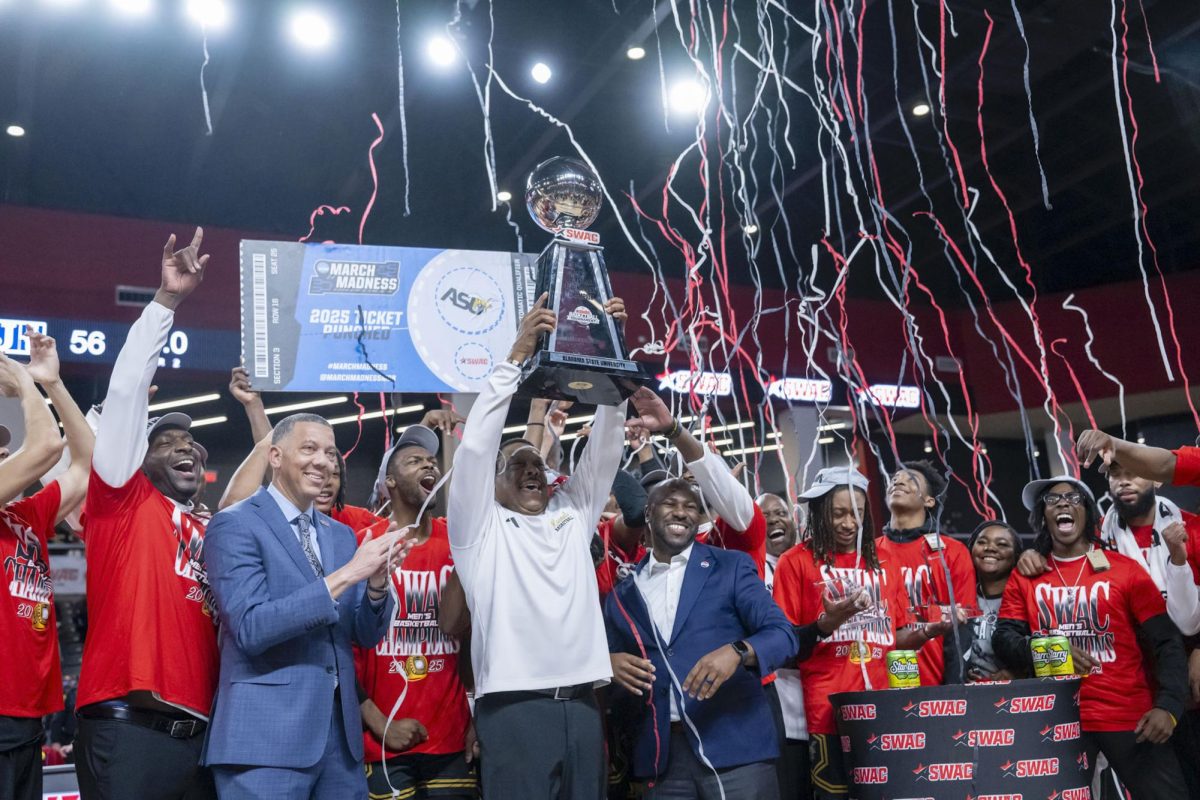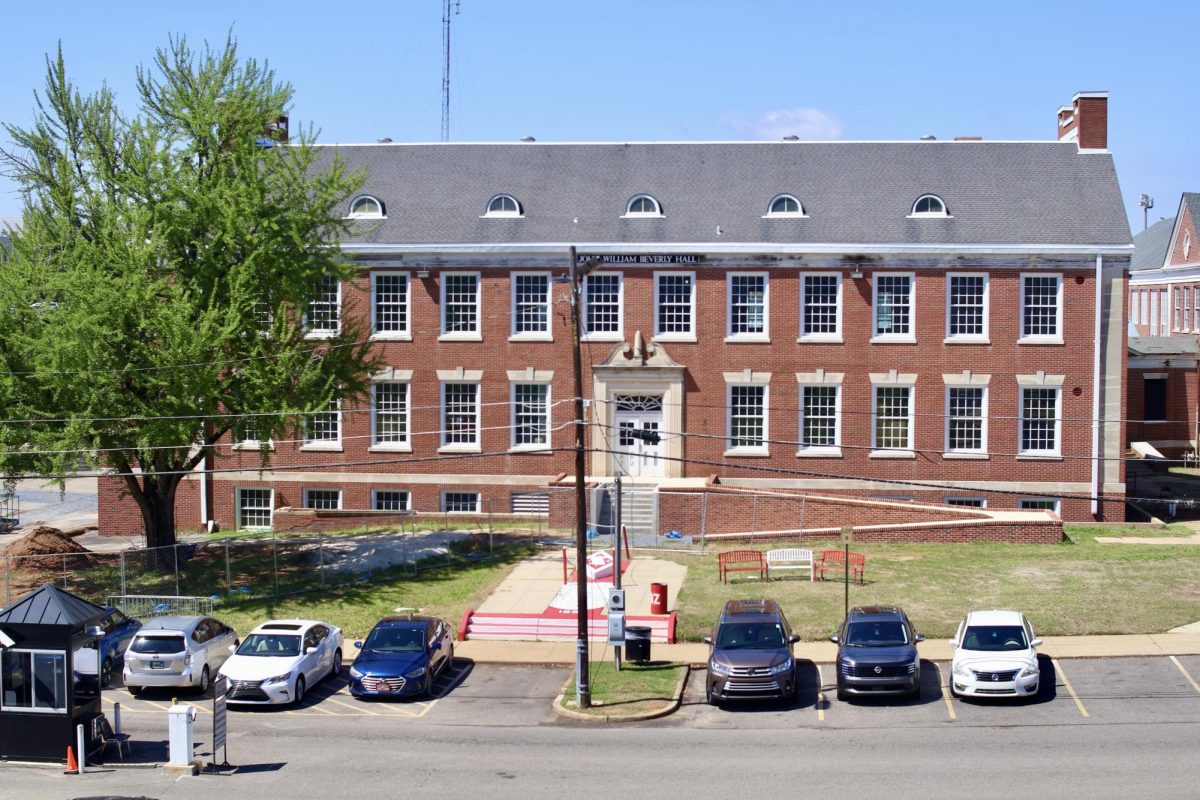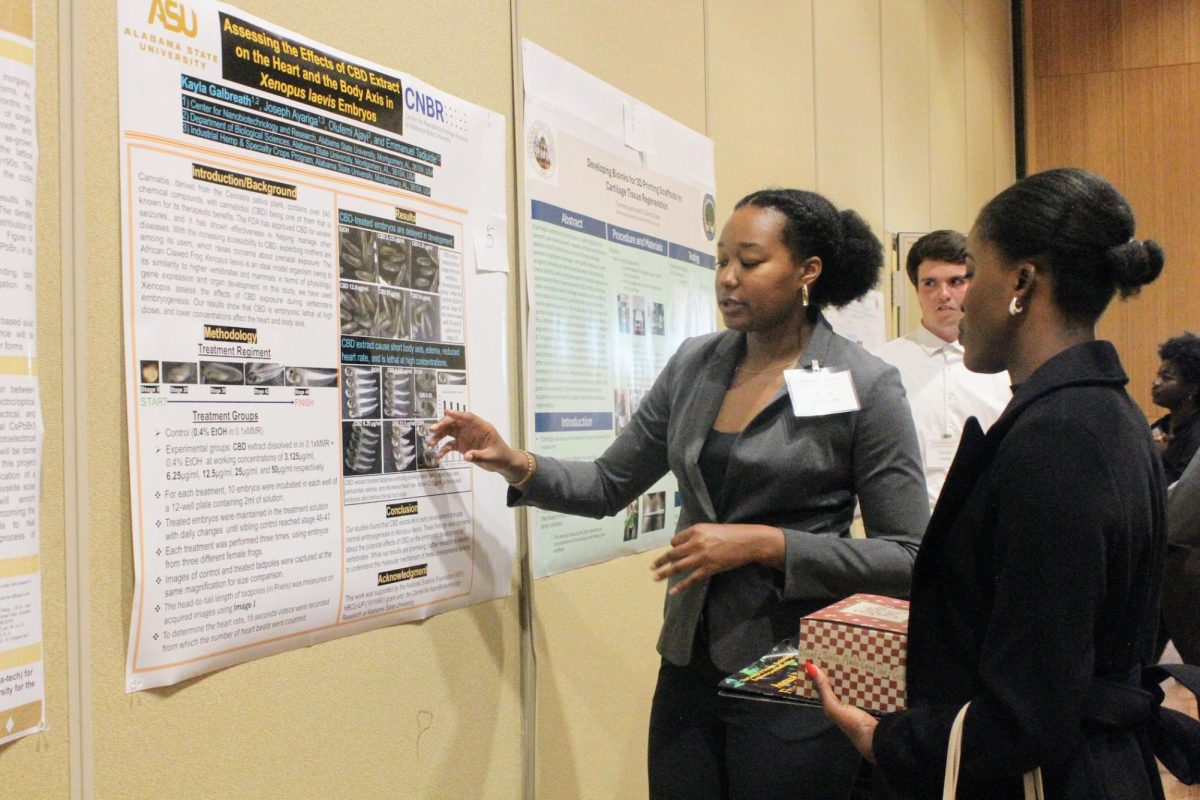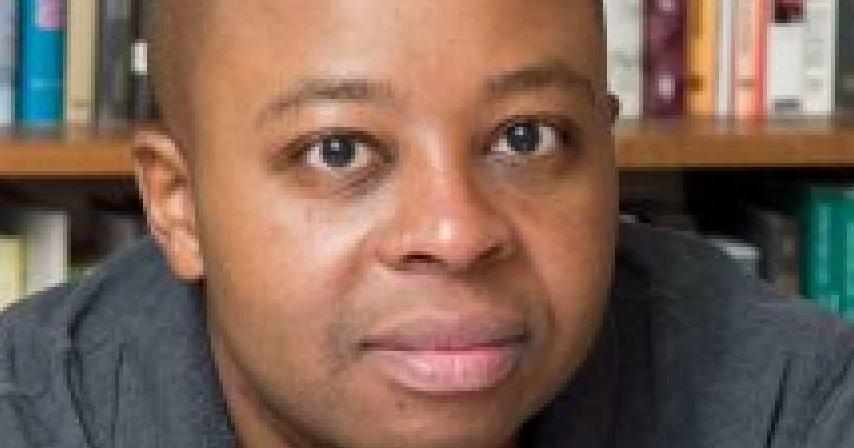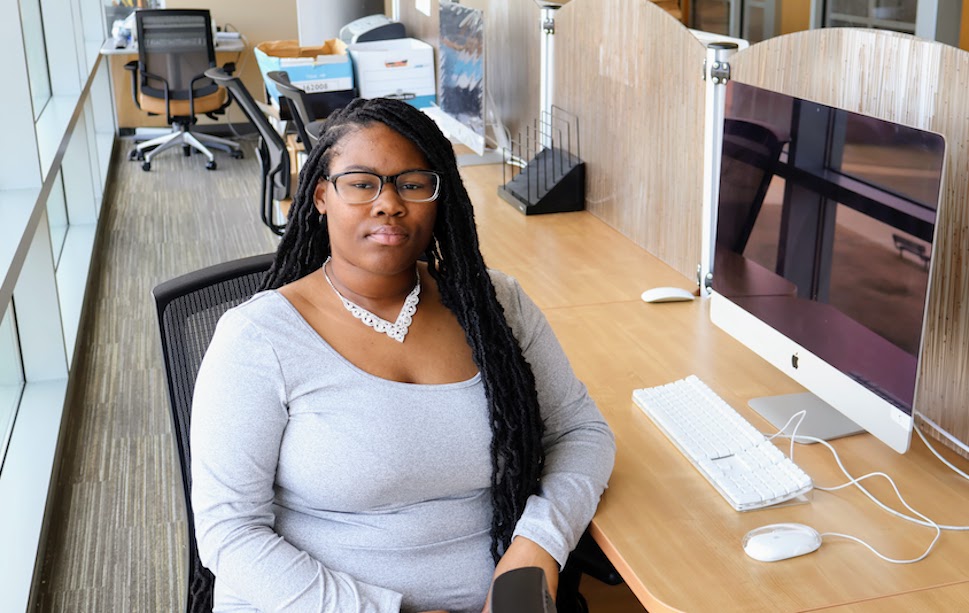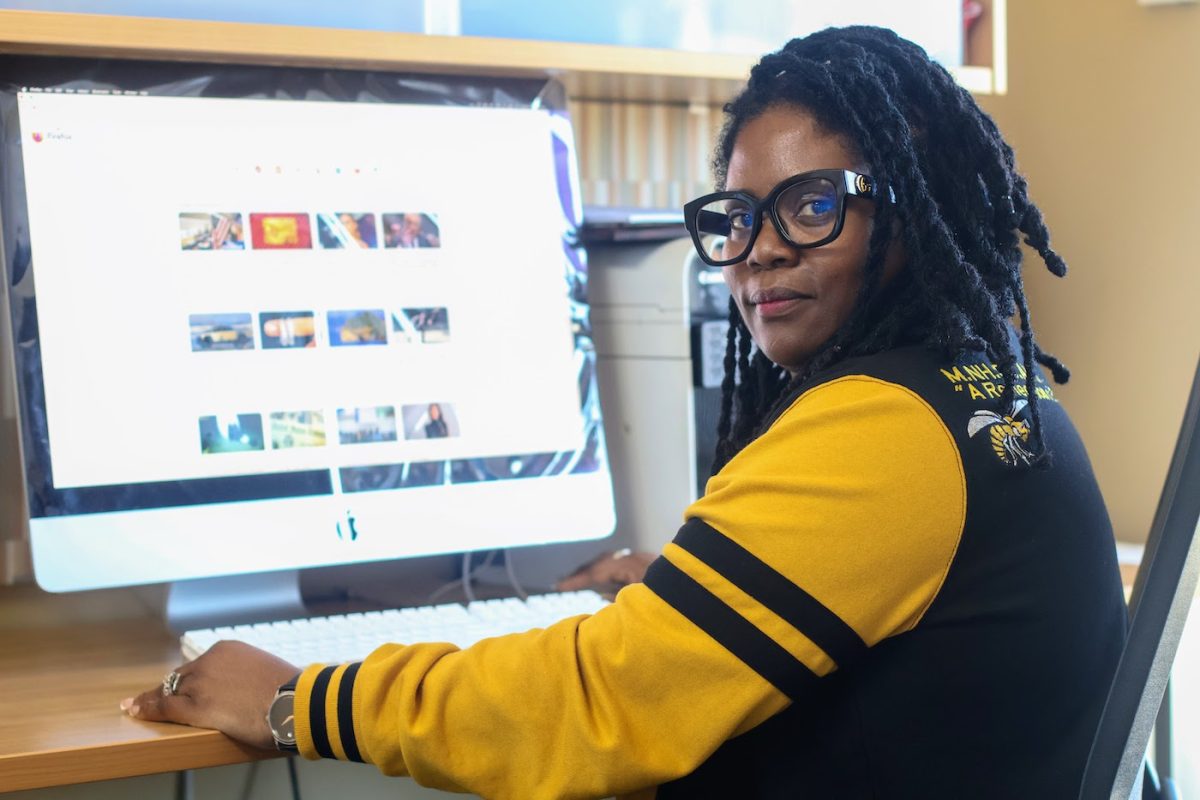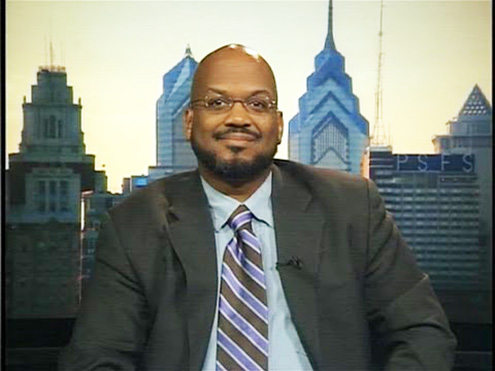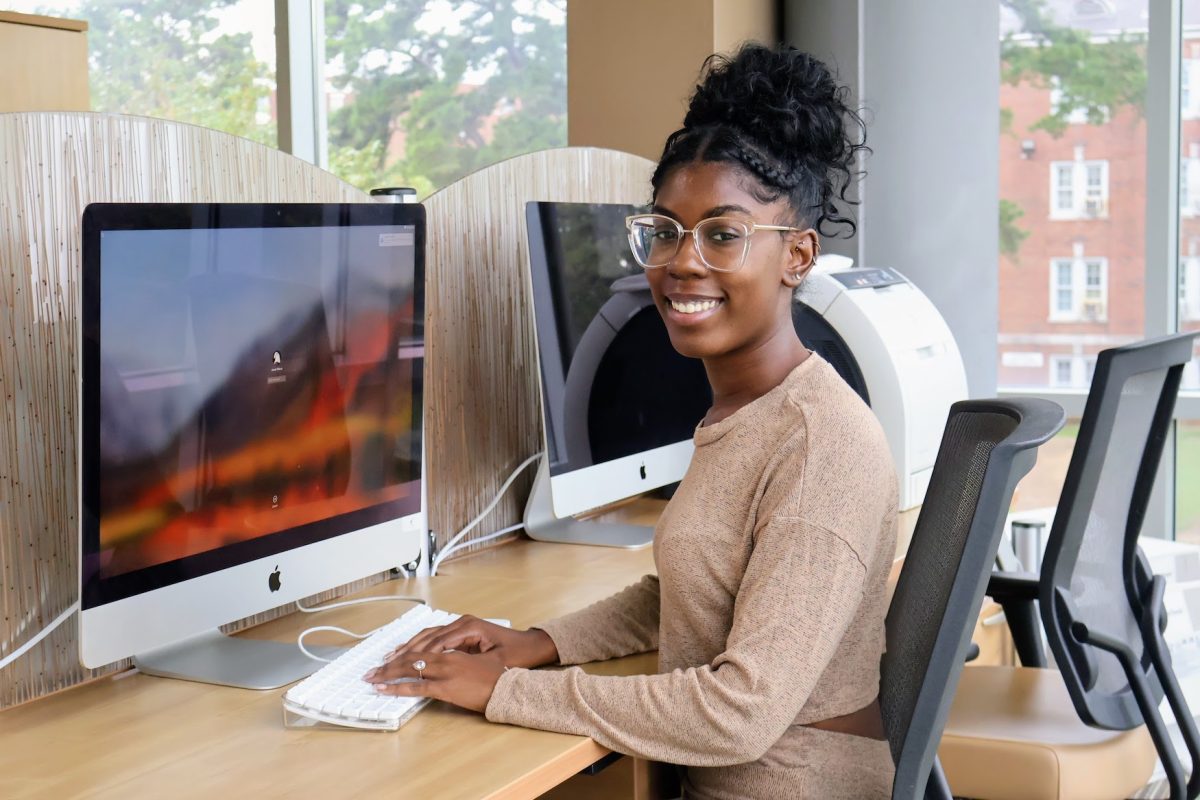The 2024 Presidential Election may be behind us, but the struggle for historically Black colleges and universities (HBCUs) is far from over, as the outcome of the election has left these institutions in an uncomfortable position.
The challenges of underfunding, course offerings, housing insecurity, declining enrollment and mounting political hostility are not just distant concerns. These are urgent national issues that are already reshaping the future of higher education for students interested in attending an HBCU.
The stakes have always been high for HBCUs, but the post-election climate introduces new dangerous threats. The decrease in federal and state funding combined with attacks on programs that focus on racial equity and diversity poses a threat.
Alabama State University, an institution of higher education in Montgomery, Alabama, faces unique pressures in this new political era. The university has long been a promise of hope for Black students seeking access to higher education. However, the fallout from the 2024 election left the university vulnerable to financial strain and political forces that aim to dismantle vital programs.
The state of Alabama’s reluctance to adequately fund public universities, particularly those serving Black students has led to a struggle for financial sustainability. With the election results signaling an even more conservative approach to education funding, the university may be left to fend for itself as state and federal support shrinks. If these funding cuts continue, the university will likely be forced to make difficult decisions about which programs to cut, which could include the very programs that make the university a unique and invaluable resource for Black students.
One of the most pressing challenges for many HBCUs is the ongoing enrollment crisis. Over the last decade, enrollment has been on the decline, with the university seeing a drop of more than 20%. The reasons for this trend are clear: rising tuition, insufficient financial aid and a shrinking pool of resources. This has made it increasingly difficult for students from underprivileged backgrounds. As fewer students can attend, the university’s mission of providing accessible education to those in need becomes more difficult.
But the financial strain is only part of the story. In an era where conservative politicians are pushing to eliminate diversity, equity and inclusion (DEI) programs, African American history courses and other initiatives centered on racial and social justice are under siege.
This has already become a reality with discussions around eliminating or limiting programs that focus on racial justice, Black studies and even affirmative action. These moves are more than just political rhetoric; they represent a direct attack on the soul of the university and its ability to offer a curriculum that reflects the experiences of its students.
The political outcome post-2024 also casts a shadow over the future of affirmative action, which has historically played a critical role in ensuring that Black students have access to higher education. With the U.S. Supreme Court ruling to end race-conscious admissions, the consequences for HBCUs could be devastating.
Despite these challenges, the university still serves as hope for students seeking an education that reflects their cultural identity and addresses the specific needs of Black communities. The university has a long history of empowering students to succeed in fields where they have historically been underrepresented. But the continued decrease of resources, and political hostility to the institution’s mission, threatens to undermine that legacy. For the university’s students, faculty and alumni, this is more than just an academic struggle; it is a fight for the future of Black higher education itself.
The road ahead will be challenging, but it is not without hope. The survival and success of HBCUs depend on the collective action of its community students, alumni, faculty and policymakers who recognize the importance of these institutions to Black communities and society at large. As the political climate continues to shift, we must not allow the voices of Black students to be silenced or the programs that empower them to be dismantled.
All HBCUs are at a crossroads as they face an uncertain future, but the strength and resilience of the people who support these universities are the greatest assets. If the universities can continue to rally their community around the ideals of justice, equity and access to higher education, they may yet overcome the political and financial challenges that threaten their existence. Now is the time to stand firm in support of HBCUs and the generations of students who will continue to shape the future of our country.



